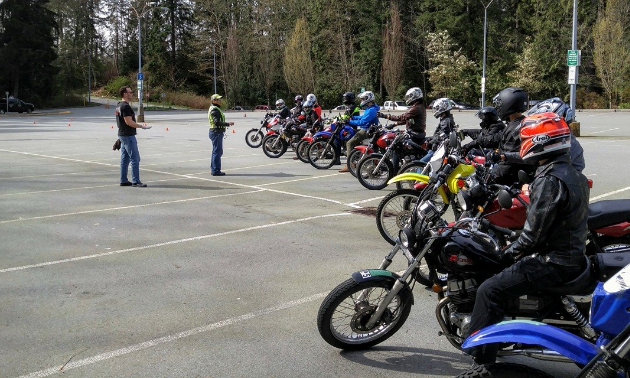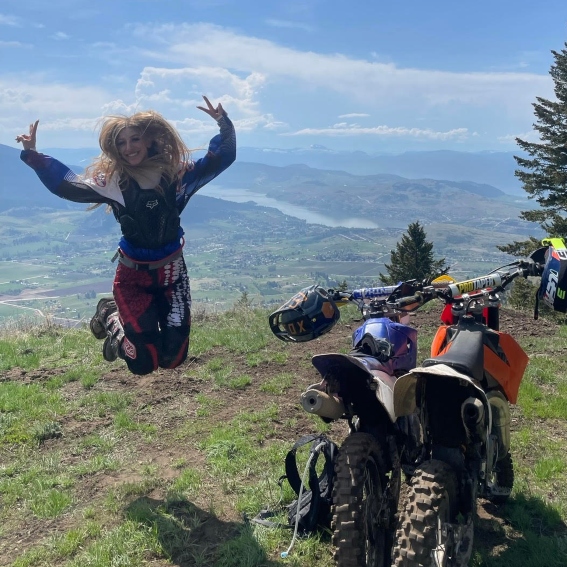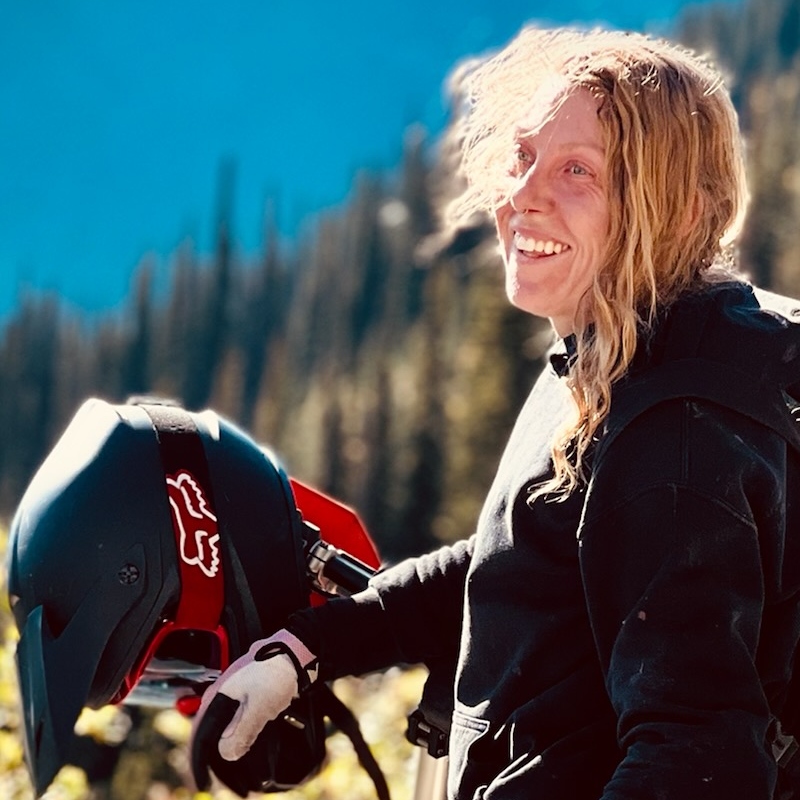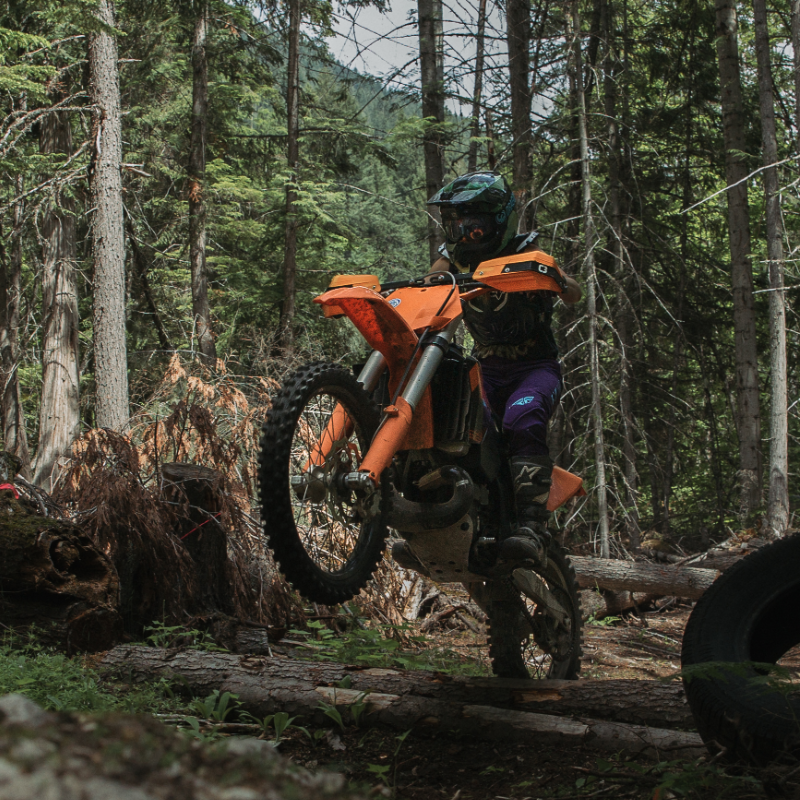When it comes to riding a motorcycle defensively, paranoia is not your ally. “Many riders hear that they should ‘ride like everyone’s out to get you,’ ” said Brian Antonio, school director for ProRide Motorcycle Training in Vancouver. “We don't believe that this ‘us-or-them’ mentality helps you get home safely. Rather, we like to encourage motorcyclists to ride courteously and co-operatively with other motorists while being aware that motorcyclists are difficult for other motorists to see—even under the best of circumstances. Consider what you can do to increase your visibility, such as wearing bright colours and riding in a manner that is predictable to other motorists.”
Antonio oversees and manages ProRide Motorcycle Training’s entire operation—sales and marketing, curriculum design and implementation, student service and support, and fleet maintenance and repair. Antonio has helped many motorcyclists attain the knowledge and skills necessary to ride safely.
Newcomer errors
When it comes to new motorcycle riders, there are a couple of common mistakes that Antonio has spotted frequently over the years. “Due to a lack of education or limited finances, new riders make the mistake of riding with inadequate safety gear and apparel,” he said. “New riders also fall into bad habits from friends and family or by trying to teach themselves. Sometimes, it's riders who have experience on another vehicle, such as a scooter or off-road motorcycle, and are making the transition to a street motorcycle but don’t get the proper guidance because they think that it's going to be exactly the same as before, when in fact there are some key differences in the approach and the habits as well as the strategies for staying safe.”
Handle with care
Unlike riding a bicycle, a motorcycle requires more precision and care when navigating confined areas. “Many riders struggle handling a motorcycle at slow speed in tight quarters, such as gas stations and parking lots,” Antonio said. “Every rider, new or otherwise, should take the time to practise riding at slow speed in tight quarters without putting their feet down.”
To avoid these blunders, get the proper training through a course at an accredited school. ICBC keeps a list on their website of such schools across the entire province so that no matter where you live in B.C., you'll know where to go to find help. There are even schools that make arrangements with local apparel retailers to provide gear for graduates at a discount.
Getting testy
In order to ride your motorbike legally, you’ll need to pass two tests to be deemed roadworthy.
The skills test is about how you can handle the bike and the road test is about how you blend in with traffic while following rules and signs. Schools that run an ICBC-approved training program can administer the skills test themselves, negating the need to take time off work to ride down to ICBC (with a supervisor). To practice for the skills test, Antonio suggests riding through cones in an empty parking lot.
As for the road test, practice by riding in traffic. “The road test has very little to do with the bike and everything to do with how a rider can blend in safely with traffic while following all rules, lines and signs,” Antonio said. “Much of what is being marked on the road test can be practised while driving your car, such as scanning and shoulder-checks, as well as slowing down in school and playground zones. Don't forget to practise riding in the rain. Road tests go out rain or shine.”
Once you’ve passed the all-important tests, keep in mind that there are still some stipulations to follow. “Make sure to adhere to the restrictions on your learner’s licence,” said Antonio. “It's tempting to ride on the highway, unsupervised or after sunset, but if you are caught violating any restriction spelled out on your licence, then that will be worth a hefty fine and three demerit points for each violation.”








Comments